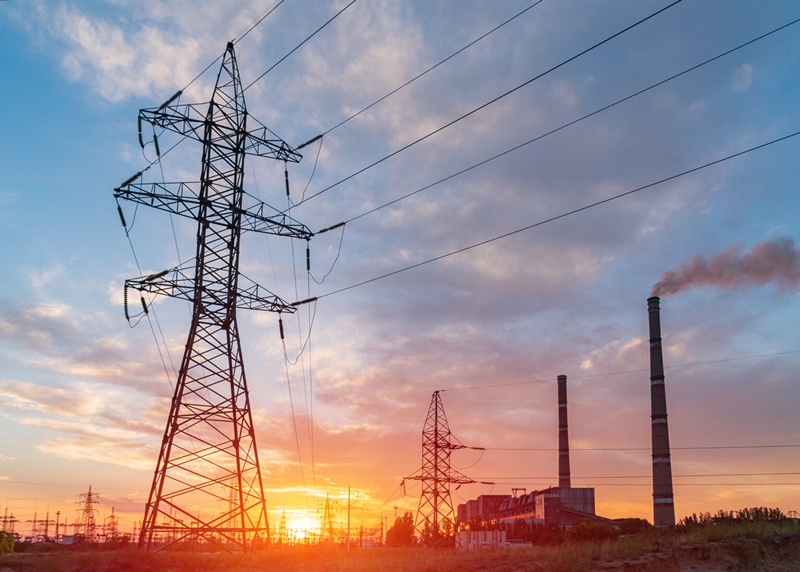
With 1% of the world’s buildings accounting for approximately 40% of global greenhouse gas emissions, primarily through operations such as heating and cooling, lighting, and IT services, the WEF has highlighted that smart distributed renewable energy generation, storage, and smart management systems can accelerate the decarbonization of the sector, while also serving to provide grid services. The framework has received support from a community of over 40 experts from the real estate, finance, and technology sectors and will strive to identify relevant technology investment options to retrofit existing buildings with emission-reducing applications, which will include digital, smart, and distributed renewable energy technologies.
According to the WEF, such improvements are often inhibited by financial barriers, with a recent survey by the World Green Building Council showing that approximately 53% of investors cite upfront costs as the largest hurdle to overcome with regards to meeting emissions targets and are exacerbated by a reluctance to commit to initial costs due to the slow return of investment. The purpose of the framework, therefore, is to develop a standardized approach to decision making across the sector and highlight the value of decarbonization investments from a financial standpoint while recognizing the importance of social, environmental, and system performance advancements. Despite this financial reluctance by investors, however, the Taskforce on Climate-Related Financial Discourses, an organization developed to assist stakeholders make informed decisions on climate-related investments, has predicted that new sustainable buildings will represent a $24.7 trillion investment opportunity by 2030.
“Decarbonizing buildings is a key step to achieving a net-zero future, however, today’s investment decisions often overlook this. The Building Value Framework was developed to highlight the broader benefits that result from integrating non-financial values into investment decisions, while also evaluating how digital technologies can enable the net-zero transition. The framework is designed for practical use, to better equip decision-makers with the relevant know-how to make faster, more inclusive, and more sustainable investments,” stated Jean-Pascal Tricoire, CEO and Chairman at Schneider Electric.
The WEF has also released a toolbox designed to help growing urban areas reduce carbon emissions, which will contribute significantly towards the development of a carbon-free city ecosystem with buildings that are capable of distributed renewable energy, storage, and smart management systems that use AI to monitor energy use.
The framework is co-chaired by Tricoire and Francesco Starace, CEO and General Manager of integrated energy operator, Enel Group, and serves as part of a wider initiative that aims to assist national- and city-level leaders to scale up efforts in order to meet carbon emission reduction targets.